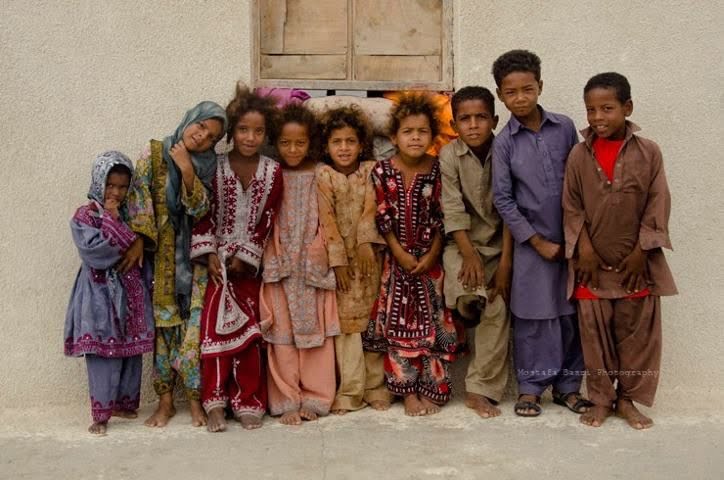The protests in the US and across the world have once again highlighted the age-old debate of just how racist our societies are. The African-American man that was murdered by the police in Minneapolis deserves to get justice, and the minorities have every right to be treated as equals in practice and not just in the eyes of the law. It’s a welcome sign that people of all colors and backgrounds have come out and participated in the Black Lives Matter protests. However, racism is a bigger issue in poorer countries than the US and Europe. In the West, being openly racist is at least condemned. In Asian societies, particularly in the Middle East and Southasia, dominant groups proudly indulge in racism and calling minorities inferior is not even thought of as being politically incorrect. For example, in Baloch society, making fun of people for the colour of their skin or their background is considered routine. The majority of us are racists and we hardly make any effort to hide it.
The black Baloch are considered lesser humans and are at the bottom of our social hierarchy. They are thought of as inferior and not “complete” Baloch, despite living on the land for centuries. Some of the most derogatory terms have been reserved for them. The Western world might have the N word, but we have about a dozen such as Ghulam, Teeh, Sheedi and Darzadag and we use them in our daily lives. Giving your daughter’s hand in marriage to a black person is considered an unforgivable sin. Black people in most towns live in isolated neighbourhoods.
Moreover, apart from the terms about the colour of the skin, we have also “racialised” some professions. For example, a maid is called Molid in Balochi. It’s a profession. Anybody can be a maid. But in our society, Molid is used as a derogatory term for all black women even if she is rich and employs other people. Similarly, the fishermen are called Med who are thought of as not marshal enough to be equal to the racially pure and thus inferior. The same is the case with the workers, mostly black persons, at the date orchards. They are called Dehkans and due to which all Black people are referred to as Dehkans. The bards, the drummers and musicians, who we so proudly say have helped preserve our history, are called Lodis or Ustas, both derogatory terms. The smiths are also called Lodis.
Baloch society is highly caste-based too. Marrying your daughter to a caste thought of as a rank lower is a big taboo even today. Whoever tries to go against this custom is shunned or has to live with the taunts (Shegaans) forever. However, hypocritically enough, bringing a daughter-in-law from the “lesser caste” is not an issue. The situation is so bad that the lower castes, including the Black Baloch, have sort of accepted their fate and rarely challenge this unfair treatment.
In Western Balochistan, when Pahlavi kingdom made the family name (surnames or fameel in Farsi) mandatory, it was again “the masters” who chose the family names of their Black employees, with many of them being given derogatory surnames like Nokarzadeh (the offspring of slaves).
Some of the Black people were indeed brought to Balochistan as slaves, but that was centuries ago when slavery was normal in most parts of the world. Times have changed and it’s time we changed too. The Black Baloch brought with them their musical traditions, cuisines and skills of farming and child-rearing. They enriched Baloch society, and the traditions that we are so proud of today are as much the Black people’s as they are of a Baloch with a different skin colour.
It is so hurtful that even today we have to explain that all humans are equal and that we still have to refer to certain people in the same society as “they” and “us”. We have been in the middle of an insurgency for decades, demanding freedom and a just society. We say we are fighting against injustice and want to create a society that is without any form of discrimination and racism, one that has equal room for all. In this scenario, we as a nation must speak up against all forms of racism and admit that it is an issue that needs to be addressed immediately.



